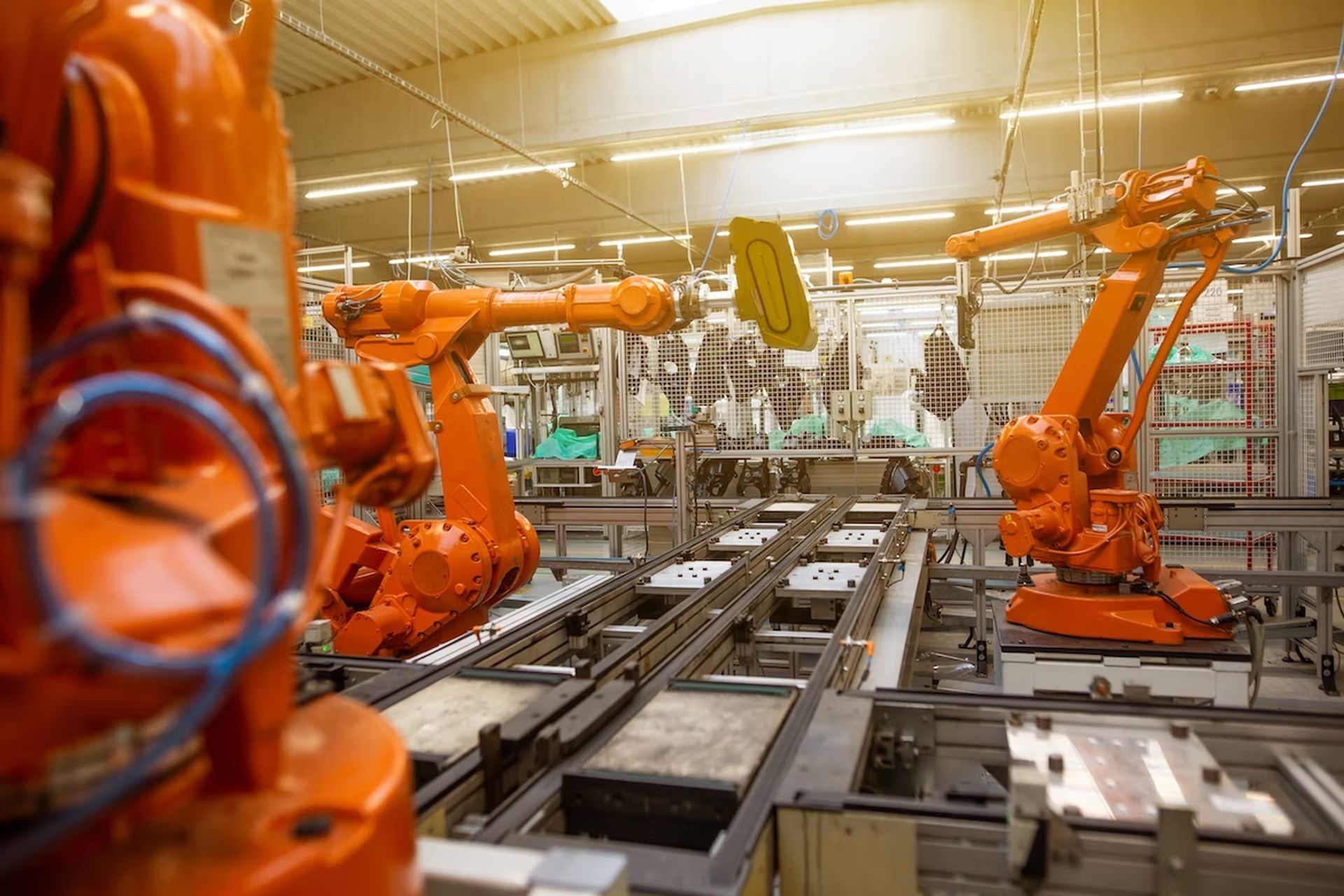- According to a new IDC projection, worldwide AI spending, including software, hardware, and services for AI-centric systems, is expected to exceed $300 billion by 2026.
- Also, the global market value of artificial intelligence solutions will surpass $450 billion in 2022 and climb further over the next five years.
- The whole worldwide AI spending was controlled by AI software in four areas: AI application delivery and deployment, AI applications, AI system infrastructure software, and AI platforms.
- According to IDC, the AI applications industry is still very competitive, with over 300 firms in the sector.
- The AI hardware industry is the smallest but fastest-growing segment of the AI business.
A new IDC estimate predicts the worldwide market value of artificial intelligence solutions will approach $450 billion in 2022 and will continue to rise over the next five years.
Worldwide AI spending will continue to increase
According to IDC’s Worldwide Semiannual Artificial Intelligence Tracker, global revenues for AI software, hardware, and services will reach $383.3 billion in 2021, representing a 20.7% increase over 2020.
Worldwide AI spending, including software, hardware, and services for AI-centric systems, is expected to exceed $300 billion by 2026. The continued adoption of AI into a wide range of goods will produce a compound annual growth rate (CAGR) of 26.5% from 2022 to 2026. This is more than four times the global IT spending CAGR of 6.3% during the same five-year period.

AI software in four areas dominated the total AI market: AI application delivery and deployment, AI applications, AI system infrastructure software, and AI platforms. In 2021, the market value of these categories will exceed $340 billion, with AI applications accounting for roughly half of the total. AI platforms grew at a 36.6% year-on-year pace.
According to IDC, the AI applications market remains extremely competitive, with around 300 players competing in the field. Customer relationship management apps (CRM) and AI enterprise resource management applications (ERM) were the category’s top players, accounting for around 16% of the total.
AI-centric applications, as defined by IDC as applications in which AI technologies are core and important to their function, accounted for 12.9% of the market in 2021, representing a 29.3% growth year on year. The remaining market share was held by AI non-centric apps, or those in which AI technologies are fundamental to particular application workflows but would still operate if those technologies were removed.

Cloud-deployed AI software is growing steadily, and IDC projects that by 2022, cloud deployment of newly acquired AI software will outnumber on-premises deployments. According to data, 47.3% of AI software purchases were deployed to the public cloud, representing a four percentage point rise over 2020 and an 8.4 percentage point increase over 2019.
Artificial intelligence jobs are in high demand: Here are the career paths
Another growing industry is the AI services market, which increased in total value by 22.4% yearly. According to IDC, the AI IT services sector climbed 21.9% yearly to $18.8 billion due to customer demand for production-grade AI solutions. Furthermore, the rising demand for AI governance, business process, and personnel strategy solutions raised the AI business services sector by 24.2% yearly worldwide AI spending.

AI hardware is the smallest but fastest expanding part of the AI market. IDC attributes the $18.8 billion in AI hardware growth to attempts to construct specialized AI systems capable of handling AI models and datasets’ rising computation and storage demands. AI servers and storage increased by 39.1% and 32.9% in worldwide AI spending, respectively, with server acquisitions totaling $15.6 billion.
Artificial intelligence as the cornerstone of emerging technologies
Rasmus Andsbjerg, associate vice president of Data & Analytics at IDC, said, “Across all industries and functions, end-user organizations are discovering the benefits of AI technologies, as increasingly powerful AI solutions are enabling better decision-making and higher productivity. The reality is AI offers solutions to everything we are facing at the moment. AI can be a source for fast-tracking digital transformation journeys, enable cost savings in times of staggering inflation rates, and support automation efforts in times of labor shortages.”





